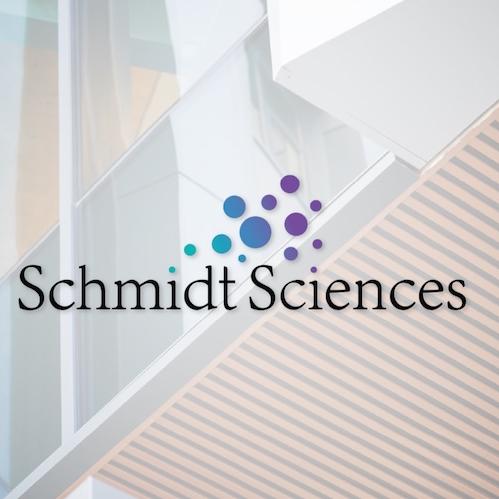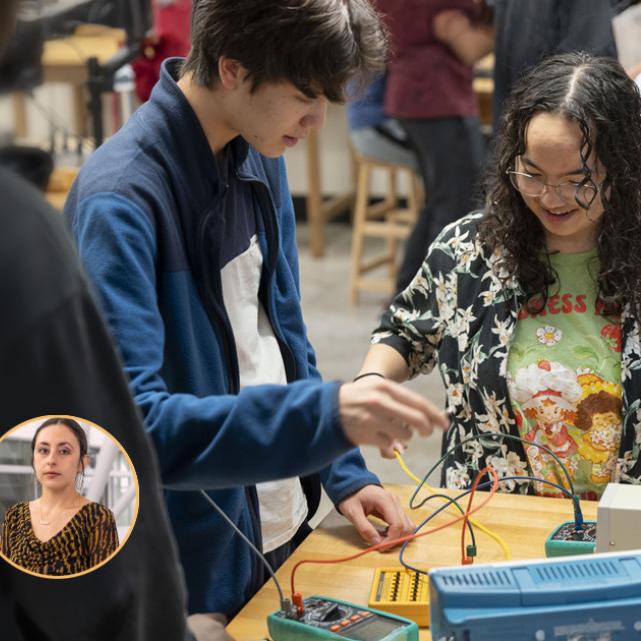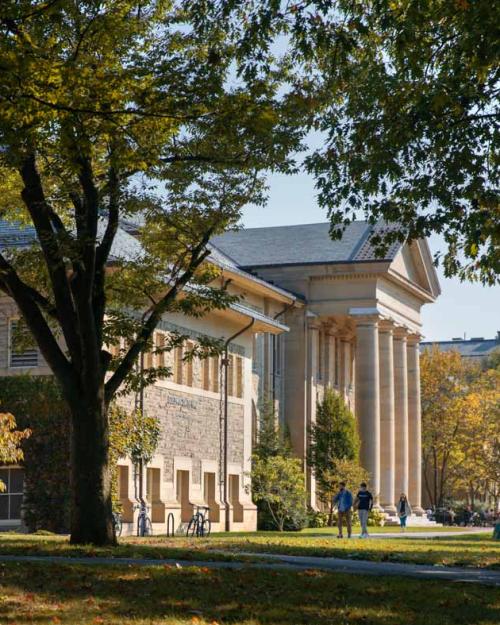Five professors will argue for the importance of their disciplines during the Logos Philosophy Debate Club’s annual Apocalypse debate on Thursday, Nov. 9 in Goldwin Smith 132.
The debate includes five professors from different fields, debating about why their discipline is the most vital for life to survive a global apocalypse. This year’s professors include:
- Julia Markovits, associate professor of philosophy in the College of Arts and Sciences
- Joseph McFadden, associate professor of animal science in the College of Agriculture and Life Sciences
- Kilian Weinberger, professor of computer science in the Bowers College of Information Science
- Sam Nelson, director of forensics and senior lecturer in the School of Industrial and Labor Relations
They will argue against Sam Nelson, director of forensics, senior lecturer in the School of Industrial and Labor Relations and advisor for the Cornell Speech and Debate Society (CSDS), who plays the devil’s advocate against all of the arguments presented.
Sophia Gottfried (Arts and Sciences 2025), president of the Logos Philosophy club recommends that guests arrive early, because seats fill up quickly. “You get to watch people have fun, talk to professors who have deep interest in their subject area,” she said. “It's a good time of semester to kind of give a break to students who are stressed about prelims.”
Gottfried said arguments can range from goofy to serious. Last year, Professor Jared Maxson of the Department of Physics, gave the hypothetical example of fictional, sentient blobs of jello who could use physics to survive the apocalypse, as opposed to other disciplines, such as literature, which is only useful to humans. Maxwell pointed out that not only humans find physics useful, Gottfried said.
Gottfried has thoroughly enjoyed her time in the Logos Club, which she says is a great community in which to discuss different topics. In the fall semester, students meet from 5-6 p.m. on Thursdays and discuss every philosophical topic from Buddhist philosophy to philosophy of mind and environmental philosophy. In the spring semester, the Logos editors meet to help publish the Logos Philosophy Journal, which she said. receives more submissions than any other undergraduate philosophy journal in the United States.
The event is free and open to the public - here is the RSVP link.






